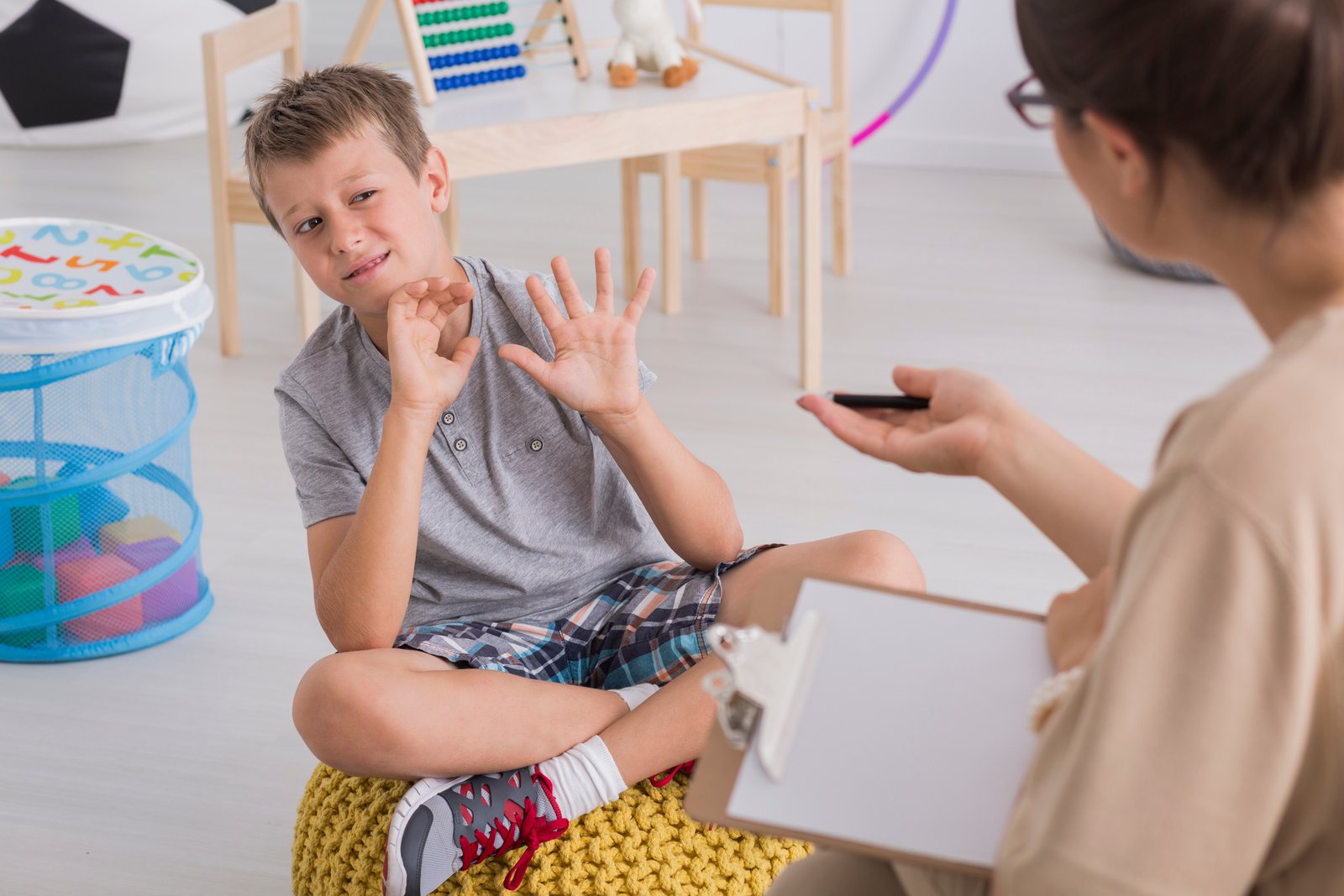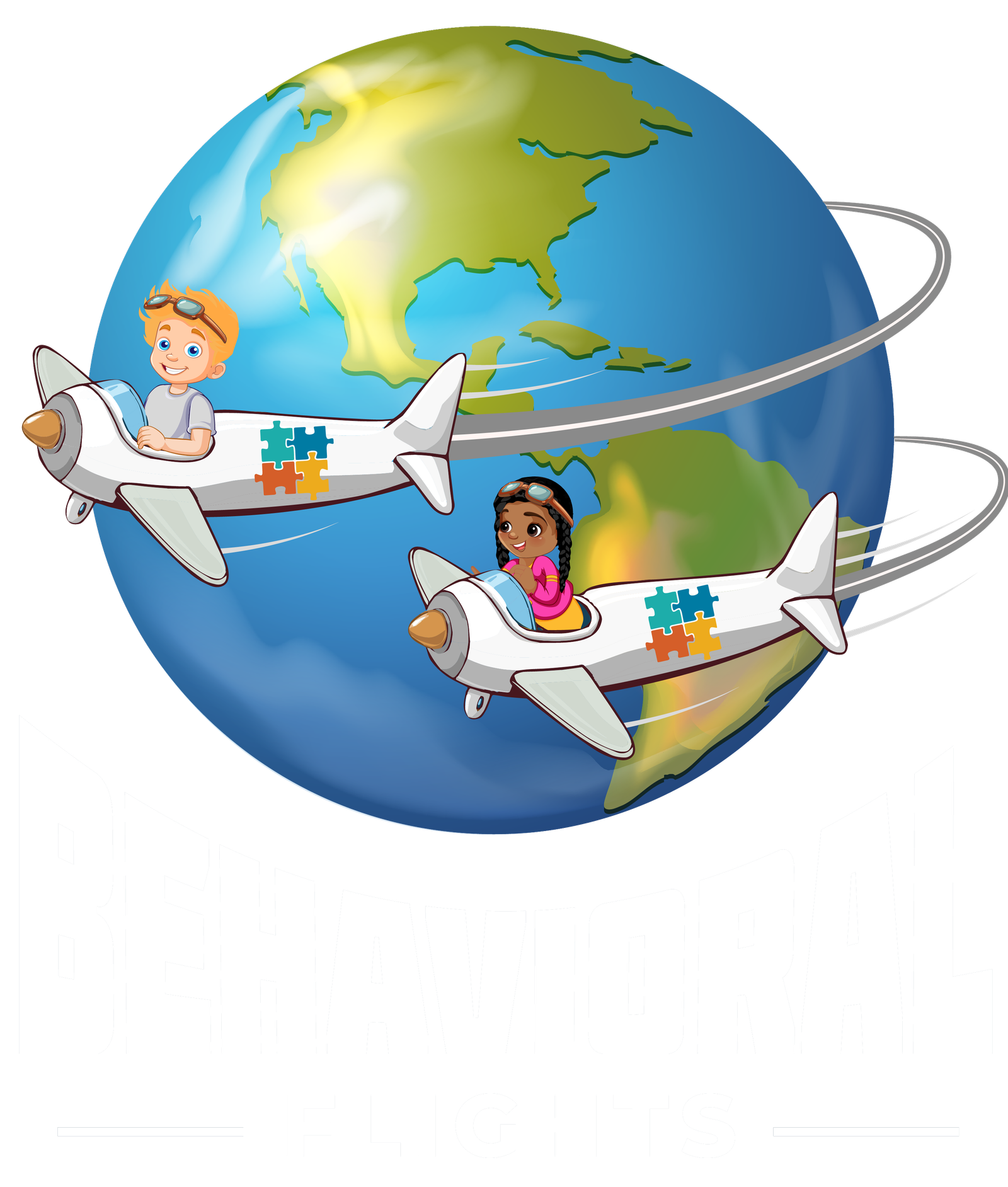You’ve noticed a change in your kid. She’s irritable all the time, she spends most of the day in her room, and you’re worried something deeper is going on. Maybe you have a good guess about what’s to blame, like a friendship with someone who isn’t a great influence or a particularly stressful school year. Or, maybe this seems to have come out of the blue, which can feel even scarier. Either way, no matter how delicately ask whether your child wants to talk to someone, you get the same answer.
”I’m fine!”
What do you do? I know so many parents who are trying to get their kids the help they wish they’d received when they were young. When a child refuses therapy, it can be confusing or even frustrating. Let’s talk about a few ways parents can start a genuine conversation with kids who say they don’t want help.
Clear Up Any Misconceptions About Therapy
I cannot tell you how many times I’ve had a kid sit on my couch for a first session and tell me that they have no idea what’s going on. They don’t know what to expect from therapy, and they may not even know why they’re in my office in the first place!
Young children may have heard the word “therapist” or “counselor” before, but may not know what it really means. They may imagine that a therapist is someone who administers tests, prescribes medications, or even gives out shots. I’ve had a few little kids arrive at therapy in tears because they remembered a recent vaccination appointment and worried they were in for more of the same.
Older kids and teens usually have a general idea of what to expect, but their vision of therapy may be vague or stereotypical based on what they’ve seen in the media. Because older kids have the maturity to think about cause and effect, teens often worry about confidentiality in therapy. What will happen if they share what’s really going on with a therapist? Will the therapist just turn around and tell everything to their parents? Could what they say in counseling get them or someone else into trouble?
For a younger child, explain what a counselor can do (play, talk about feelings) and cannot do (give shots or medicine). It might be helpful to explain what happens in a therapy room, including that therapists keep some things private. Older kids may benefit from learning the ins and outs of confidentiality: they need to feel confident that they’ll have some privacy if they’re going to consider counseling at all. You can also share any information you have about your prospective therapist’s personality or way of working with kids.
Don’t Make Therapy Sound Like a Punishment for Bad Behavior
If your child bristles whenever you bring up the word “therapy”, be mindful about when you’re mentioning it. Are you only talking about going to counseling on the heels of a big fight, or after a bad report from school? It’s understandable that bad stuff happening would remind you of the need for therapy, but if you’re bringing up the idea in the heat of the moment it might come off as sounding like a punishment.
When an adult goes to therapy, it’s usually a decision they’ve made for themselves. It may feel scary or vulnerable to get started, but it’s also empowering and a form of self-care. On the flip side, it isn’t always a child’s idea to seek out a counselor. Kids sometimes tell me they feel they were sent to therapy for being “bad” and that the goal of therapy is to make them “good.” Instead of feeling empowered, they feel ashamed and a bit like they’ve just been sent to the principal’s office. No wonder they don’t want to come.
An honest conversation held during a calm time can go a long way toward changing a child’s opinion about therapy. It can be really helpful for your child to hear that you are struggling, too. Shifting the focus away from the child and toward a “family problem” lets your child know that you are all in this together, rather than singling out your child as the sole person in the family in need of help.
Even if you’re 99% sure of the cause of your child’s distress (a mean friend, a recent breakup, upcoming state tests) it is sometimes helpful to stick to talking about what you can see. For some kids, having an adult speculate about the cause of their troubles feels like someone is putting words into their mouth. By sticking to the facts, you may help your child feel a little less defensive. For example, saying “I notice you’ve been spending a lot more time in your room” is likely to go over better than “Ever since you made that online friend, we never see you anymore.”
Consider Alternatives to In-Person Talk Therapy
Introverted kids in particular may not be thrilled about the idea of sitting in a room with a strange adult and pouring out their deepest, darkest emotions. Even though sitting on a couch and talking face-to-face is what we consider “traditional” talk therapy, it may not feel all that traditional to a child to be alone with an adult who isn’t a relative or a teacher.
If you suspect that solo, face-to-face therapy is intimidating to your child, consider other less “traditional” alternatives. Group therapy might help some kids feel a little less on the spot, and there’s good research to show that it is just as effective as individual therapy for many problems. For others, seeing a therapist online may feel safer and more comfortable than sitting six feet away in an office.
In my own practice, I’ve noticed that tweens and teens are sometimes able to open up about difficult subjects more easily online. Maybe it’s because communicating through tech feels more natural to them, or maybe the computer screen helps them feel a bit more anonymous. Either way, it’s an option to consider if your child is refusing therapy.
Depending on your child’s interest, you might even be able to find a hyper-specific group that plays to their passions and strengths. For example, my online D&D groups for middle and high schoolers can be a helpful first step into meeting peers, exploring emotions, and practicing social skills.
My Child Still Refuses to Go…Is It Ever Okay to Force a Child to Attend Therapy?
It’s possible that you’ll say and do everything you can to cast therapy in a positive, non-judgmental light, and it still won’t change your child’s mind. Some kids fell so sure that therapy won’t help—or so uneasy about going—that they’ll put their foot down, no matter what.
It’s really hard to “therapize” a person who doesn’t want to be in therapy. In an ideal world, a therapist and client are equal partners in the therapy room, with both people bringing in ideas and nobody acting like the boss of anyone else. If a child is forced to attend, it immediately puts them in a low-status position and makes the therapist the boss. That makes it hard to grow.
I will sometimes ask kids and teens who are unsure about therapy if they’d be willing to give it a try for a set number of sessions, like 3 or 4. If your child is on the fence, you may want to give this approach a try—you might be pleasantly surprised! However, if after those sessions your child wants to end therapy, hold up your end of the bargain.
If a child is forced to attend therapy long-term against their will, it may give them a negative perception of therapy and keep them from seeking help in the future. I’d rather give kids a sense of agency, and let them return to therapy on their own terms when they feel ready to do the work.
There’s one big exception to this rule: if a child is self-harming or feeling suicidal, they need to be in therapy no matter what. However, these kids may need more support or a more specialized approach than once-a-week therapy can provide. If you think your child is at risk of serious harm, speak to a guidance counselor or pediatrician or, in an emergency, dial 911.
How Do You Help a Child or Teen Who Doesn’t Want Help?
So, you’ve determined your child is not going to therapy. Maybe you tried a few sessions and it didn’t work out, or the therapist you found didn’t seem to be the right fit. Now what? How do you help a child who refuses help?
If a child is absolutely dead-set on going to therapy, and there are no safety worries like self harm or suicidal thoughts, forcing a child to go to therapy can do more harm than good. It reinforces the idea that therapy isn’t really for helping, it’s a punishment for bad behavior. It will make it even harder for your child to feel safe enough to give therapy a try in the future.
On the other hand, kids are growing and changing all the time. Many Gen Z and younger kids view therapy in a positive way, so it’s likely your child will learn more positive things about mental healthcare from peers as she grows. By respecting your child’s decision and continuing to check in about therapy as an option, it’s possible she’ll come around to the idea on her own.
In the meantime, your best option is to get yourself into therapy. I know it’s a suggestion that gets recommended a lot and it may not feel great to hear. However, therapy with a counselor who specializes in working with parents can equip you with the tools you need to help your child—whether they attend with you or not. Parents have so much influence over the lives of their children and the culture they choose to create in a home. When you take the time to care for yourself, it almost can’t help but rub off on your



